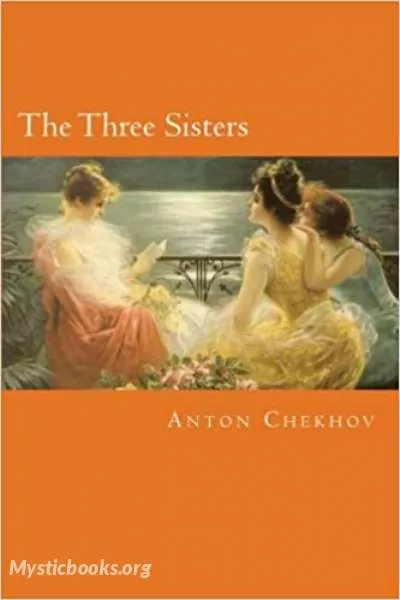
The Three Sisters
'The Three Sisters' Summary
Act one begins with Olga (the eldest sister) working as a teacher in a school, but at the end of the play she is made headmistress, a promotion in which she had little interest. Masha, the middle sister and the artist of the family (she was trained as a concert pianist), is married to Feodor Ilyich Kulygin, a schoolteacher. At the time of their marriage, Masha, younger than he, was enchanted by what she took to be wisdom, but seven years later, she sees through his pedantry and his clownish attempts to compensate for the emptiness between them. Irina, the youngest sister, is still full of expectation. She speaks of her dream of going to Moscow and meeting her true love. It was in Moscow that the sisters grew up, and they all long to return to the sophistication and happiness of that time. Andrei is the only boy in the family and the sisters idolize him. He is in love with Natalia Ivanovna (Natasha), who is somewhat common in relation to the sisters and suffers under their glance. The play begins on the first anniversary of their father's death, but it is also Irina's name-day, and everyone, including the soldiers (led by the gallant Vershinin) bringing with them a sense of noble idealism, comes together to celebrate it. At the very close of the act, Andrei exultantly confesses his feelings to Natasha in private and fatefully asks her to marry him.
Act two begins almost a year later with Andrei and Natasha married with their first child (offstage), a baby boy named Bobik. Natasha is having an affair with Protopopov, Andrei's superior, a character who is mentioned but never seen onstage. Masha comes home flushed from a night out, and it is clear that she and her companion, Lieutenant-Colonel Vershinin, are giddy with the secret of their mutual love for one another. Little seems to happen but that Natasha manipulatively quashes the plans for a party in the home, but the resultant quiet suggests that all gaiety is being quashed as well. Tuzenbach and Solyony both declare their love for Irina.
Act three takes place about a year later in Olga and Irina's room, a clear sign that Natasha is taking over the household as she asked them to share rooms so that her child could have a different room. There has been a fire in the town, and, in the crisis, people are passing in and out of the room, carrying blankets and clothes to give aid. Olga, Masha and Irina are angry with their brother, Andrei, for mortgaging their home, keeping the money to pay off his gambling debts and conceding all his power to his wife. However, when faced with Natasha's cruelty to their aged family retainer, Anfisa, Olga's own best efforts to stand up to Natasha come to naught. Masha, alone with her sisters, confides in them her romance with Vershinin ("I love, love, love that man."). At one point, Kulygin (her husband) blunders into the room, doting ever more foolishly on her, and she stalks out. Irina despairs at the common turn her life has taken, the life of a municipal worker, even as she rails at the folly of her aspirations and her education ("I can't remember the Italian for 'window'."). Out of her resignation, supported in this by Olga's realistic outlook, Irina decides to accept Tuzenbach's offer of marriage even though she does not love him. Chebutykin drunkenly stumbles and smashes a clock which had belonged to the Prozorov siblings' late mother, whom he loved. Andrei then vents his self-hatred, acknowledges his own awareness of life's folly and his disappointment in Natasha, and begs his sisters' forgiveness for everything.
In the fourth and final act, outdoors behind the home, the soldiers, who by now are friends of the family, are preparing to leave the area. A flash-photograph is taken. There is an undercurrent of tension because Solyony has challenged the Baron (Tuzenbach) to a duel, but Tuzenbach is intent on hiding it from Irina. He and Irina share a heartbreaking delicate scene in which she confesses that she cannot love him, likening her heart to a piano whose key has been lost. Just as the soldiers are leaving, a shot is heard, and Tuzenbach's death in the duel is announced shortly before the end of the play. Masha has to be pulled, sobbing, from Vershinin's arms, but her husband willingly, compassionately and all too generously accepts her back, no questions asked. Olga has reluctantly accepted the position of permanent headmistress of the school where she teaches and is moving out. She is taking Anfisa with her, thus rescuing the elderly woman from Natasha.
Irina's fate is uncertain but, even in her grief at Tuzenbach's death, she wants to persevere in her work as a teacher. Natasha remains as the chatelaine, in charge and in control of everything. Andrei is stuck in his marriage with two children, the only people that Natasha cares about, besides herself. As the play closes, the three sisters stand in a desperate embrace, gazing off as the soldiers depart to the sound of a band's gay march. As Chebutykin sings Ta-ra-ra-boom-di-ay to himself, Olga's final lines call out for an end to the confusion all three feel at life's sufferings and joy: "If we only knew... If we only knew."
Book Details
Language
EnglishOriginal Language
RussianPublished In
1901Authors
Anton Chekhov
Russia
Anton Pavlovich Chekhov was a Russian playwright and short-story writer who is considered to be among the greatest writers of short fiction in history. His career as a playwright produced four classic...
Books by Anton ChekhovDownload eBooks
Listen/Download Audiobook
- Select Speed
Related books
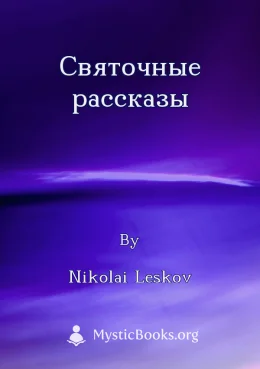
Святочные рассказы by Nikolai Leskov
Nikolai Leskov's "Svyatochnye rasskazy" is a collection of Christmas-themed stories that explore the lives and beliefs of ordinary Russian people. Set...
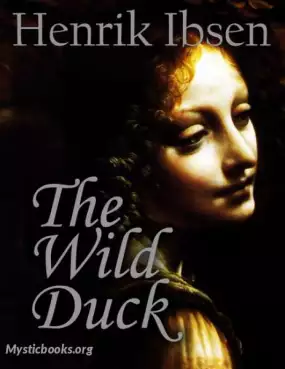
The Wild Duck by Henrik Ibsen
The Wild Duck is an 1884 play by the Norwegian playwright Henrik Ibsen. It is considered the first modern masterpiece in the genre of tragicomedy. The...
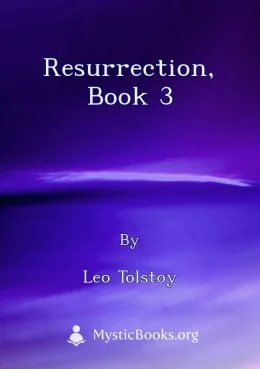
Resurrection, Book 3 by Leo Tolstoy
Resurrection is a novel by Leo Tolstoy that explores themes of redemption, social justice, and the hypocrisy of institutionalized religion. The story...
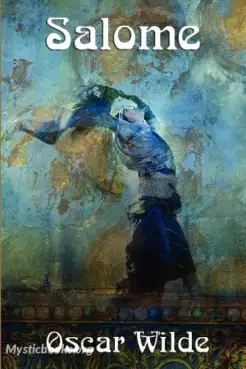
Salome by Oscar Wilde
Salome is a one-act tragedy by Oscar Wilde. The original 1891 version of the play was in French; an English translation was published three years late...

Orlando by Virginia Woolf
Orlando is a fictional biography that follows the adventures of Orlando, a character who initially identifies as a male aristocrat but later transform...
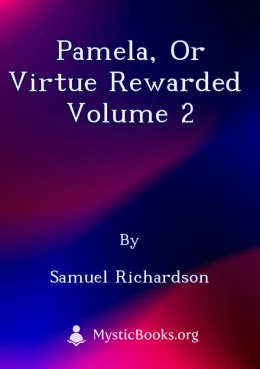
Pamela, or Virtue Rewarded Volume 2 by Samuel Richardson
Pamela, or Virtue Rewarded is an epistolary novel by Samuel Richardson, first published in 1740. It tells the story of Pamela Andrews, a 15-year-old s...

Orange-Yellow Diamond by J. S. Fletcher
In 'Orange-Yellow Diamond,' J.S. Fletcher weaves a classic mystery tale set in the opulent world of London society. A young novelist, struggling to ma...

Favole di Jean de La Fontaine: Libro 11 by Jean de La Fontaine
Nei 12 volumi delle "Favole" (1669 - 1693) Jean de La Fontaine rinnovò la tradizione esopica, rappresentando la commedia umana. Quest'opera dimostrò i...
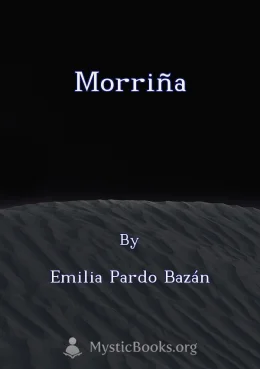
Morriña by Emilia Pardo Bazán
Morriña es una novela de Emilia Pardo Bazán que explora el lado oscuro de la sociedad madrileña del siglo XIX. La protagonista, Esclavitud, se encuent...
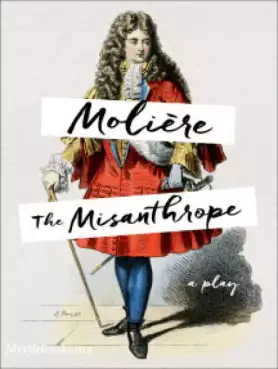
The Misanthrope by Moliere
The Misanthrope, or the Cantankerous Lover is a 17th-century comedy of manners in verse written by Molière. It was first performed on 4 June 1666 at t...
Reviews for The Three Sisters
No reviews posted or approved, yet...